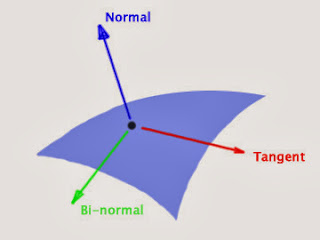const_cast & typeid
This two instructions are very useful in some situations, for example when you have a function that receives a const parameter, but your variable is not const.
The second one could be useful, but I think it's better not to use it if we want agnostic code.
The following documentation is from http://www.cplusplus.com/doc/tutorial/typecasting/
typeid (expression)
This operator returns a reference to a constant object of type& type_info that is defined in the standard header file <typeinfo>
This returned value can be compared with another one using operators == and != or can serve to obtain a null-terminated character sequence representing the data type or class name by using its name() member.
When typeid is applied to classes typeid uses the RTTI to keep track of the type of dynamic objects. When typeid is applied to an expression whose type is a polymorphic class, the result is the type of the most derived complete object
The second one could be useful, but I think it's better not to use it if we want agnostic code.
The following documentation is from http://www.cplusplus.com/doc/tutorial/typecasting/
Const_cast
This type of casting manipulates the constness of an object, either to be set or to be removed. For example, in order to pass a const argument to a function that expects a non-constant parameter. |
Typeid
typeid allows to check the type of an expression:typeid (expression)
This operator returns a reference to a constant object of type& type_info that is defined in the standard header file <typeinfo>
This returned value can be compared with another one using operators == and != or can serve to obtain a null-terminated character sequence representing the data type or class name by using its name() member.
|
When typeid is applied to classes typeid uses the RTTI to keep track of the type of dynamic objects. When typeid is applied to an expression whose type is a polymorphic class, the result is the type of the most derived complete object


Comentarios
Publicar un comentario